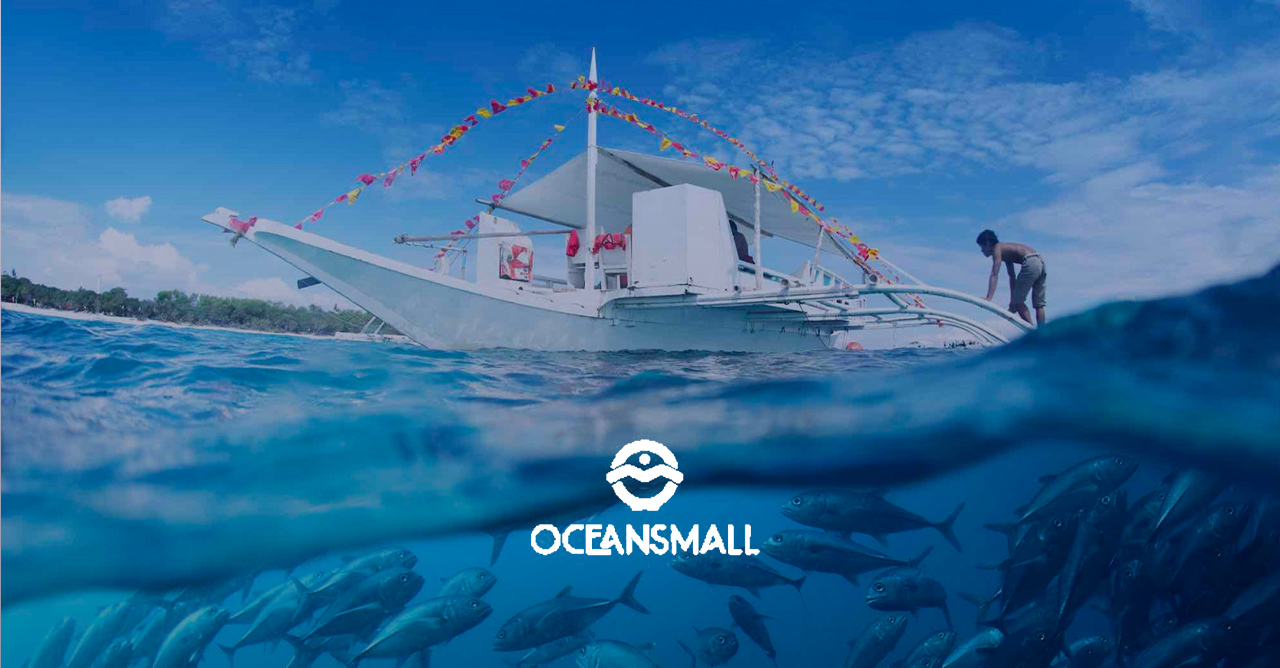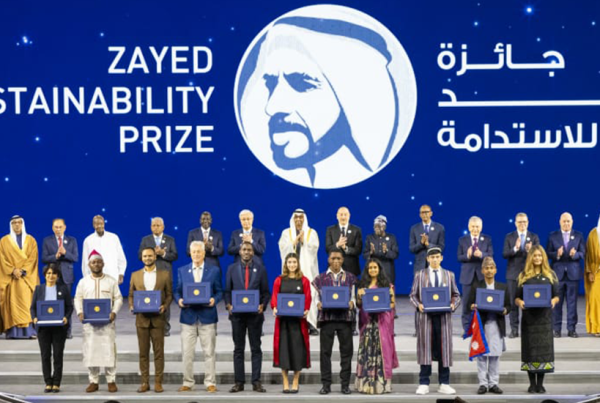The story of Africa in the past has been a story of sustainability. The Africa Climate Summit, a recent gathering in Kenya, not only ignited but also rekindled our collective commitment to forging a more sustainable world. Former UN Secretary-General, Kofi Annan, profoundly articulated, “The world is approaching a critical tipping point, beyond which the repercussions of climate change could become irreparable. Should this occur, we jeopardize the fundamental right of current and future generations to inherit a planet that is both healthy and sustainable. The stakes are high, and the destiny of humanity hangs in the balance.”
Despite the pressing need for food sustainability, it has frequently been reduced to a buzzword, invoked in various contexts to capture public attention. However, we must recognize that food sustainability transcends mere terminology; it encompasses a multifaceted spectrum of elements. It extends beyond the realm of food production alone and encompasses a comprehensive approach that encompasses how food is cultivated, distributed, packaged, and ultimately consumed.
The surging growth rate of our population serves as an unmistakable and urgent call for the establishment of a sustainable food system. I see this as a non-negotiable commitment for Africa. The population growth rate has led to numerous environmental disruptions, evident across the entire continent. These disruptions manifest as shifts in rainfall patterns, increases in greenhouse gas emissions, rising temperatures, and intensified storms, collectively impacting the overall well-being of humanity. The urgent call for food sustainability has been prompted by the detrimental impact of land-based food production on our planet, particularly in Africa, where it exacerbates the challenges of climate change. UN Report reveals that cattle rearing generates a greater volume of global warming greenhouse gases, as measured in Carbon Dioxide equivalent, compared to transportation, underscoring the need for more sustainable production methods.
In alignment with this concern, Henning Steinfeld emphasizes that livestock farming stands out as one of the most significant contributors to contemporary environmental crises. Notably, beef, lamb, and goat production exact a heavy toll on the environment. These ruminants rely on specialized gut bacteria to break down food, a process that releases substantial amounts of methane—a potent greenhouse gas that significantly contributes to global warming. Furthermore, the production of animal feed involves the cultivation, harvest, processing, and transportation of crops, all of which contribute to emissions. It’s worth noting that even plant-based protein production incurs greenhouse gas costs related to harvesting, packaging, and transportation.
Land-based food production has cast a devastating ecological footprint, resulting in the clearance of vast expanses of forests and grasslands, and contributing to the alarming extinction of numerous species across the globe. Notably, the soaring demand for beef and other forms of red meat stands out as the primary catalyst behind deforestation on a global scale.
In line with the Climate Change – United Nations Sustainable Development, businesses and investors must recognize that the imperative to reduce emissions is not solely a moral obligation, but also a strategic and economically sound choice. Lowering emissions aligns with both ethical responsibility and prudent business sense, emphasizing the interconnectedness of environmental stewardship and economic viability. It is crucial to emphasize that seafood production has a significantly reduced environmental footprint when compared to land-based food sources. The oceans, in their vast expanse, play a pivotal role in supporting life on our planet. They continually contribute to vital processes, such as oxygen generation, carbon dioxide absorption, nutrient recycling, and the regulation of global climate and temperatures. Seafood has contributed to food sustainability in diverse ways such as:
Reduced land pressure: By shifting some of our dietary protein sources from land-based livestock to seafood, we can help reduce the pressure on land resources, which are often overused for agriculture and livestock farming. This can contribute to protecting natural ecosystems and biodiversity.
Nutrient-rich and low environmental footprint: Seafood is a rich source of essential nutrients, including high-quality proteins, omega-3 fatty acids, and various vitamins and minerals. Compared to land-based livestock, many seafood species have a lower environmental impact in terms of land and water use, greenhouse gas emissions, and resource consumption.
Efficient protein production: Fish and other seafood have relatively efficient conversion rates of feed into protein, making them a resource-efficient source of animal protein. For instance, it typically takes less feed to produce a pound of fish than a pound of beef or pork.
Consider this: Nearly every ingredient in your last meal came from a land that was once teeming with wildlife. Startlingly, over half of all the land suitable for farming on our planet has been transformed into agricultural or livestock use. Should you carry a burden of guilt for this transformation? Not. The trade-off of wilderness for the sustenance of humanity is a historical choice made by our forebears, paving the way for civilization as we know it. You played no part in shaping this global food system.
However, it’s worth noting that while individual dietary choices, like shifting away from beef consumption, can significantly benefit our planet, the most substantial and transformative changes, as well as the conservation of our natural habitats, will come through policy shifts. So, while you may not bear responsibility for the past, you do have a role to play in influencing the future through collective action and advocacy. Oceansmall, we are committed to raising awareness about these critical issues and supporting sustainable practices in the food industry.
Caroline Pomeyie
Founder, Oceansmall



